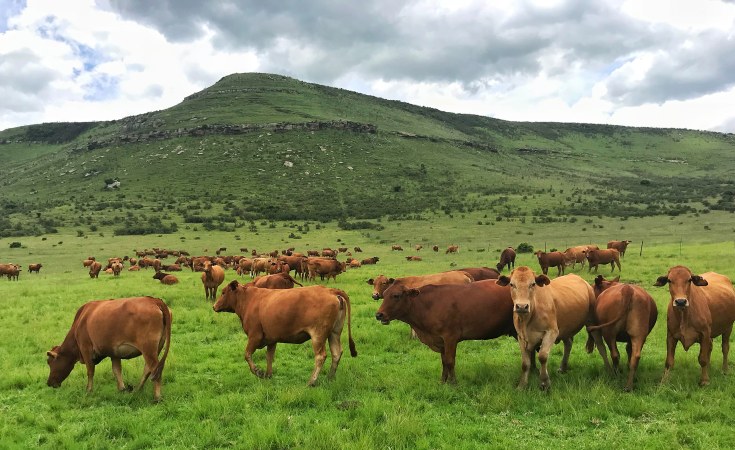The 14th Comprehensive Africa Agriculture Development Programme (CAADP) Partnership Platform meeting closing in Libreville last year, brought to the limelight the Biennial Review report and the African Agriculture Transformation Scorecard (AATS) as a set of tools to track and present countries’ performance in transforming agriculture on the continent against the commitments made by the Head of States in 2014 in Malabo.
For the first time ever, African leaders and key constituencies in agriculture, working towards the transformation of the sector, had under their fingertips key results to assess their progresses towards meeting the CAADP goals and targets set in the Malabo Declaration. While the publication in January 2018 of this seminal report could be considered an important milestone in the nearly two decades of CAADP implementation, and provided further impetus to the process through peer reviews, it also highlighted issues and challenges holding back the sector as a whole.
Overall, African countries have recorded an above average performance (63%) in re-committing to the CAADP process, as reflected in the significant number engaged in domesticating CAADP in their national operations, while most are lagging behind in performance areas such as trade and private sector investment. Out of the 29 Member States that have reported, only 3 countries have reached the minimum of 20% in growth rate increase, the milestone to be on-track for the fifth commitment to boosting intra-regional trade of agricultural commodities and services within Africa. This underperformance in trade among African countries and their counterparts in the continent is alarming and deserves to be pondered over, especially in the context of the Africa Continental Free Trade Agreement (AfCFTA) adopted in Kigali in March 2018 by the African Union Assembly.
Intra-African trade in agriculture can (and should) play a central role in driving economic growth - despite significant challenges in this sector, ranging from regulatory red tape, to infrastructure deficit that hampers access to market, to weak capacities and competitiveness of actors in the value chains. In 2015, African countries spent about US$63 billion on food imports, largely from outside the continent. The modelling work by the Economic Commission for Africa projects that intra-African trade in agricultural products and services will be between 20% and 30% higher in 2040 with the AfCFTA in place, which would then generate state revenue, increase farmer income and expand both farmer and country capacity to invest in modernising the sector through processing and mechanization. This will clearly benefit the continent by fully harnessing the potential of agriculture as envisioned by Head of States when they adopted CAADP as the continental framework for agriculture development back in 2003 in Maputo.
Despite this bold political initiative marked by the signing of the African Union Treaty last year, the immense potential of the AfCFTA has not yet been fully analysed and clarified for agriculture. The above state of affairs underscores the additional efforts incumbent to the stakeholders, to transform agriculture in order to achieve the much needed transformation which will translate into poverty reduction, inclusive economic growth, food security and improved nutrition for our population. This call for action at the nexus of trade and agriculture, in light of the scope and the intricacies of the underlying issues, requires effort and reflection of both policy makers and those at the front line of the transformation process.
It is in this context that the upcoming 15th CAADP Partnership Platform (PP) meeting, as the official annual forum bringing together actors at the various level of CAADP implementation, will endeavor to scrutinize and formulate tangible recommendations, bearing on these issues under the theme of “Enhancing Trade and Market Access for Accelerated Agriculture Transformation”. The 15th CAADP PP will, therefore, present African countries and their development and technical partners with the opportunity to reflect together, share best practices and identify strategies and policies to foster integration, enhanced market access and intra-regional trade in agricultural commodities and services under the AfCFTA.


